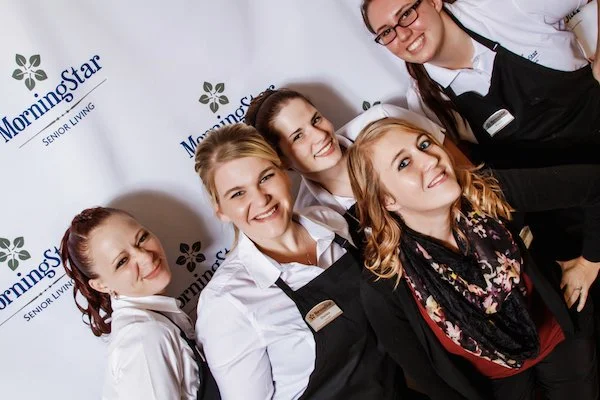How to Recover from Illness More Quickly as a Senior
Recovering well is less about one remedy and more about a steady routine that protects strength while the body heals. A few practical steps, repeated through the week, can shorten sick days and prevent setbacks in senior living Scottsdale.
Start with hydration and protein. Fluids thin mucus, support circulation, and help medications work as intended. Water, broths, and herbal teas are reliable. Protein repairs tissue and maintains muscle, which keeps balance and energy steadier. Aim for protein at each meal from yogurt, eggs, fish, beans, or tofu. Small portions count, especially when appetite dips.
Sleep is medicine. Keep a consistent bedtime, lower the room temperature a little, and darken the space. A short wind down helps the nervous system shift gears. Try five slow breaths, a warm shower, and gentle stretches for the neck and back. If congestion makes lying flat uncomfortable, use an extra pillow to raise the chest.
Light movement speeds recovery by improving blood flow and lung function. Short hallway walks, ankle pumps in a chair, and easy shoulder rolls keep stiffness at bay. After a fever breaks, consider two or three ten minute walks spaced through the day. Stop if dizziness or chest pain appears.
Support the gut, since many medicines irritate digestion. Include bananas, rice, applesauce, and toast when the stomach feels fragile. Add probiotic foods like yogurt or kefir once appetite returns. If antibiotics are prescribed, ask about timing for probiotics and watch for signs of diarrhea or dehydration.
Create a safe recovery zone. Keep tissues, a water bottle, cough drops, and a thermometer within reach. Place a bell or phone by the bed in case help is needed. Clear walkways, add night lights, and avoid loose rugs while energy is low.
Track symptoms. Note temperature, cough changes, breathing, and fluid intake. Call a clinician for high fevers that persist, confusion, chest pain, or shortness of breath. People with diabetes should check glucose more often, since illness can push numbers up or down.
Plan simple meals. Soup with beans and vegetables, scrambled eggs with soft toast, or oatmeal with peaches deliver calories without much effort. If cooking is tiring, use frozen vegetables, canned salmon, and prewashed greens to build quick plates.
Social support speeds healing. Neighbors can swap grocery runs or share a pot of soup. Many retirement communities offer wellness checks and medication reminders during recovery. In assisted living Fountain Hills, nursing teams coordinate hydration goals, rest-friendly schedules, and short walks that match energy levels so healing stays on track.
When recovery starts to stick, resume normal routines slowly. Add one errand or one activity at a time, then rest. Progress feels best when it is steady rather than rushed.
